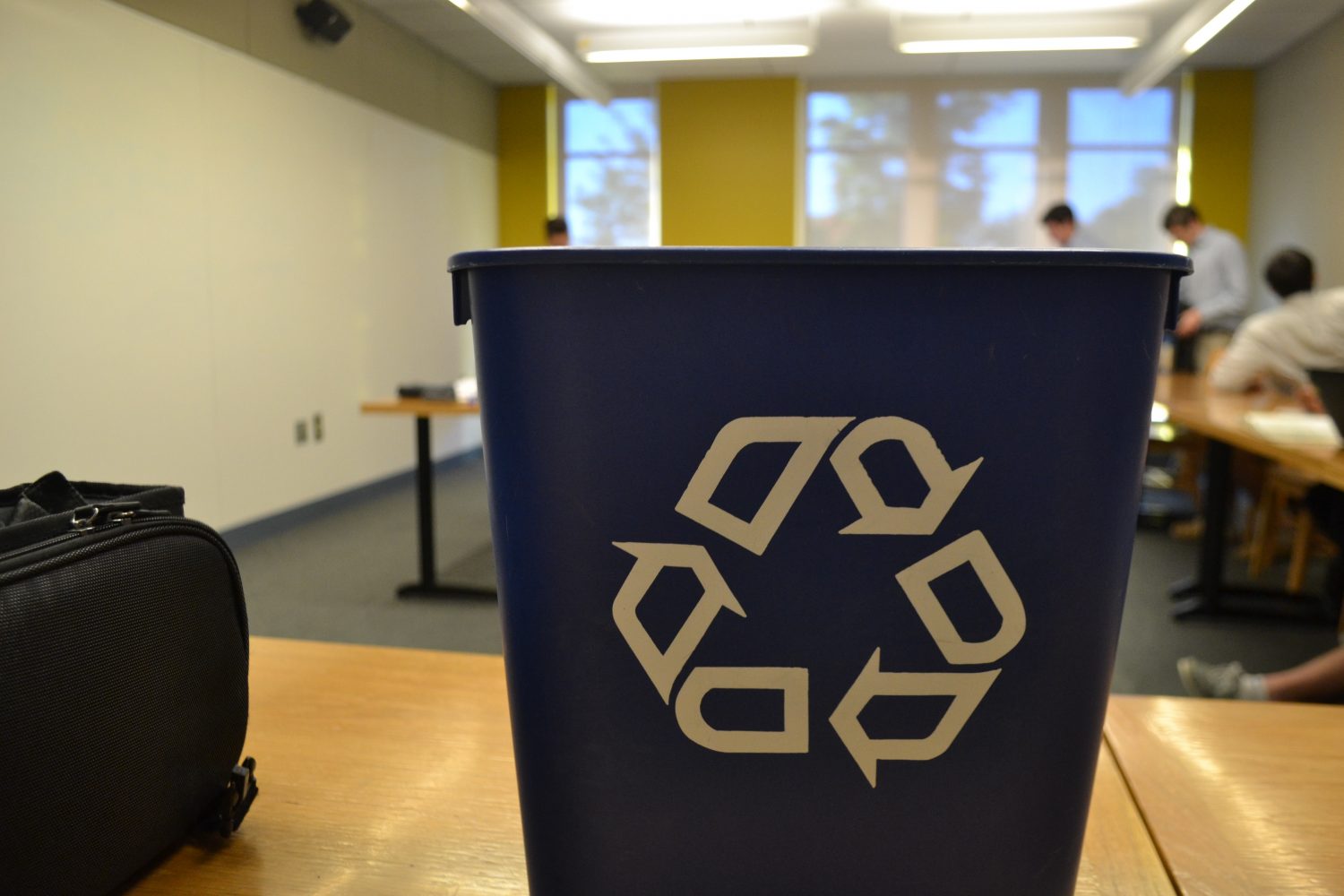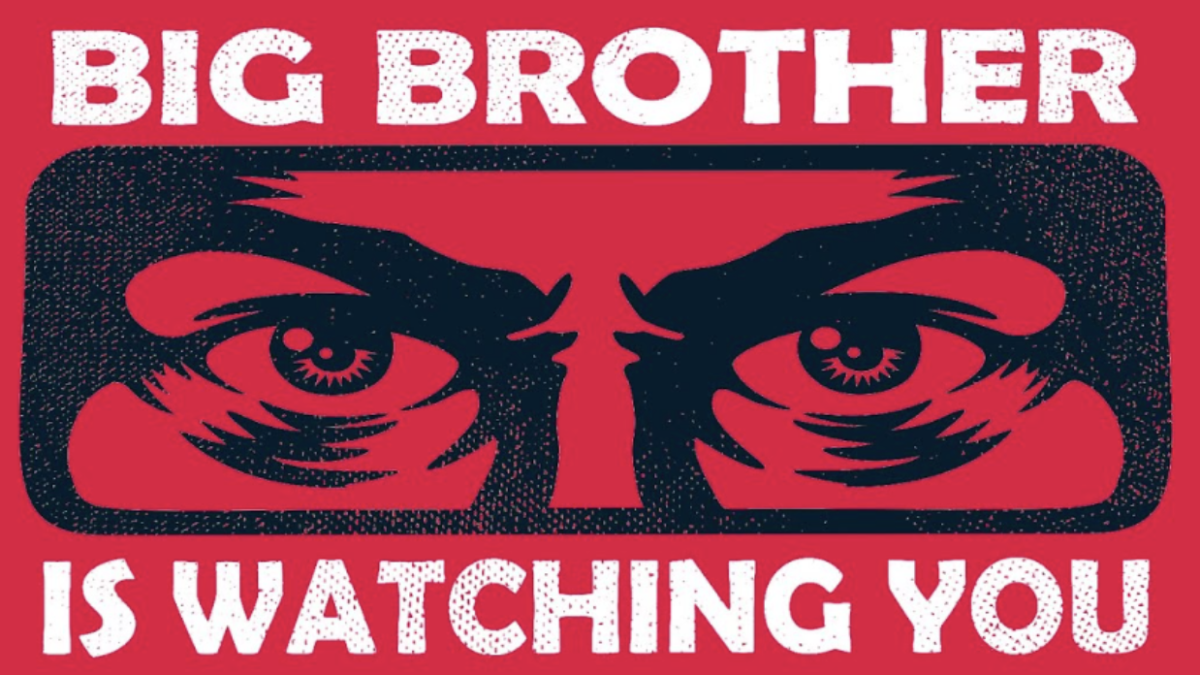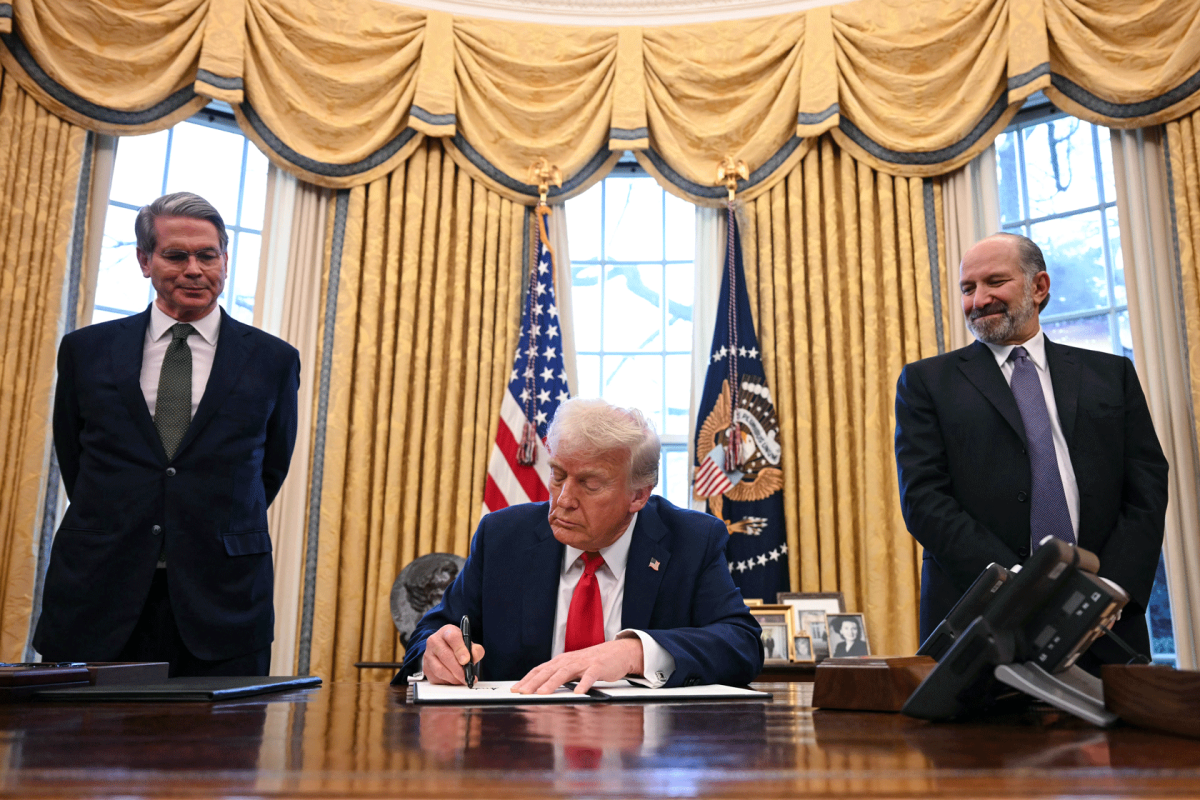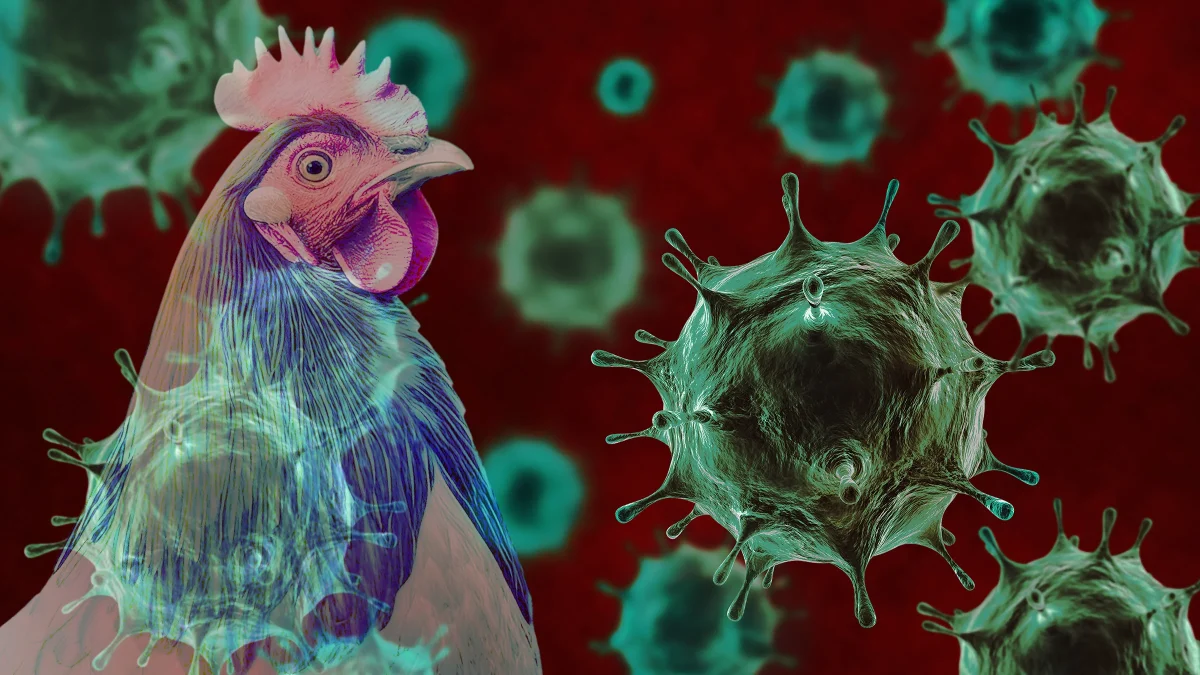Students at University School disagree about many issues regarding the internal affairs of the administration and school at large. But, one issue most can agree upon is the issue of recycling. Most, if not all, students agree that University School should recycle materials such as plastics and papers. However, many students believe University School does not actually recycle, but rather combines all of its waste for the trash collectors.
Upon further investigation, it was discovered that University School actually follows a method known as “single-stream” recycling with a company named Rumpke. Single stream recycling refers to a method in which all paper fibers, plastics, metals, and other containers are mixed in a collection truck, instead of being sorted by the depositor into separate commodities. Instead, the mixed or “commingled” recyclables are sorted at a processing center then sold to manufacturers, who reprocess or refine the materials to make “new” products. When I heard this, I could not understand what the problem was; this seemed like a functional and simple method. After speaking with Mr. Wilhelm, however, I began to realize it’s flaws.
Many may have heard Mr. Wilhelm’s enlightened announcement last week about the start of a new “Green Club” at University School. The announcement appeared amidst a plethora of criticism regarding University School’s sustainability efforts. In order to learn more I sought Mr. Wilhelm in the administrative office. He highlighted some of the main issues with single stream recycling that plague US.
One problem is that US students throw all kinds of things into the recycling bins and trash bins. When food gets into the recycling bins it becomes very difficult to sort. One thing the new green team will be doing is putting clear labels on the bins to inform students what exactly can be thrown into each bin. Also, new compost bins are being set up during lunch periods where students can put food rather than mixing it with paper, plastics, and other possible recyclables.
Another issue has been with what people think happens to their waste. Most students and staff were under the impression that anything they threw away was treated as trash anyways. This discouraged recycling efforts and made separating waste from recyclables seem like a pointless task. This, however, is no longer the case. The administration is making efforts to educate faculty on the process that Rumpke goes through with the school’s disposal. The kitchen staff, and hopefully some students, will be going to Rumpke to watch the process by which our school’s disposals are separated on conveyor belts. In addition, new recycling dumpsters are being installed around the campus to remind faculty that their efforts are not in vain (a roughly $2000 annual increase in cost). The Green Club also hopes to educate students on this important issue. Mr. Wilhelm alluded to possible cadmean hours for students who lead efforts after lunches to separate milk cartons and other possible renewables.
Perhaps the simplest change is the way we handle emptying our recycling bins. Before hand, there were no bags in the recycling bins and all would be put into the black garbage bags. Recently, our school has learned that Rumpke recognizes black bags as trash and clear bags as possible recyclables. Now, all black bags— with the exception of compost—have been replaced with clear bags so that they can be separated for recycling.
Mr. Wilhelm, made it clear that the US administration is on board with the new wave of sustainability efforts. However, the true engine behind these efforts is the student body. Without complete student dedication the reforms will not succeed. ” We basically have to envision and enact a cultural shift in our thinking about what it means when we toss something ‘away’,” said Dr. Smith, the faculty advisor of the new Green Club. He was also excited to mention that 30 boys had signed up for the club within the first couple of days. They will soon be having their first meeting to hear the students’ voice on new improvements to the recycling system. Once students realize that it is, in fact, very easy to recycle, our school will be well on its way to living up to its silver lead certification. These new improvements tell us that the future is bright for University School: if we can sustain it.







